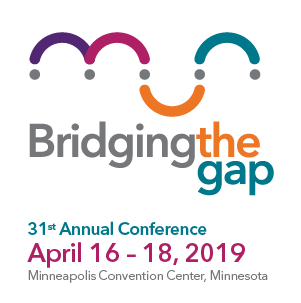Improving Race Relations Through Dialogue: An Introduction to Transformational Intergroup Dialogue Facilitation
90-minute Workshops
Day 3
Session Code: S5-IWhen: April 18, 2019
Location/Room: M 100 I
Level: Introductory
Track: Innovation & Transformation
Presenters: Tchet Dereic Dorman, Germantown Friends School, Director of College Counseling | Tawana Thomas-Johnson, American Cancer Society | Hillary Blecker, The Blue Door Group
Description
Transformational Intergroup Dialogue Facilitation is a diversity education program for those who desire to improve their skills in leading, teaching, managing and facilitating diverse groups. Facilitators for this session will utilize the Transformational Intergroup Dialogue (TID) model to assist participants in discovering their individual obstacles to effectively teach, manage and lead diverse groups.
Participants will learn about TID by exploring various dimensions of a race dialogue, critique dialogue as a process for improving race relations, and reflect on their ability to facilitate race dialogues. Attendees will have the opportunity to share their intergroup communication obstacles and collectively reflect on the institutional, social and individual barriers that hinder racial understanding and cooperation. Participants will explore their personal and interpersonal capacities for diversity and intergroup facilitation, including emotional intelligence, relationship building and multicultural awareness.
While this workshop will primarily focus on improving the capacity for intergroup engagement, it will include several intergroup dialogue exercises to help participants understand the utility of dialogue as a process for individual and group development around social identity and social justice. By joining in racial dialogue exercises, participants will learn how to encourage individuals to express their emotions, feel sufficiently safe to come into nonviolent conflict, share information, and engage in transformative action for problems that affect them, their organizations and communities. Additionally, participants will engage in race dialogue exercises to communicate about racial identity and racial conflicts in order to build trust and improve race relations.
TID draws from two well-known, successful models for promoting democratic dialogue, action and civic engagement in the context of diversity: 1. The Michigan Program on Intergroup Relations (IGR) model (https://igr.umich.edu), a process used by the University of Michigan and universities throughout the U.S. to promote intergroup dialogue and engagement in higher education and community settings; and 2. Transformational Social Therapy (TST), a process used internationally to promote knowledge sharing and collaborative action involving diverse parties in municipalities, civil society, educational settings, and other public arenas. Both models are informed by the theory and practice of multicultural citizenship, and theory and research on learning and equitable social change in the context of diversity.
TST’s grounding in depth psychology and critical social theory complements the Michigan IGR model by contributing a more robust understanding of the ways human needs and social structures interact and influence intergroup behavior.
Learning Outcomes
- Understand the framework for facilitating racial dialogues
- Learn how to gain the trust and respect of individuals who are culturally different from them
- Develop an awareness of one’s own obstacles to facilitating racial dialogues


